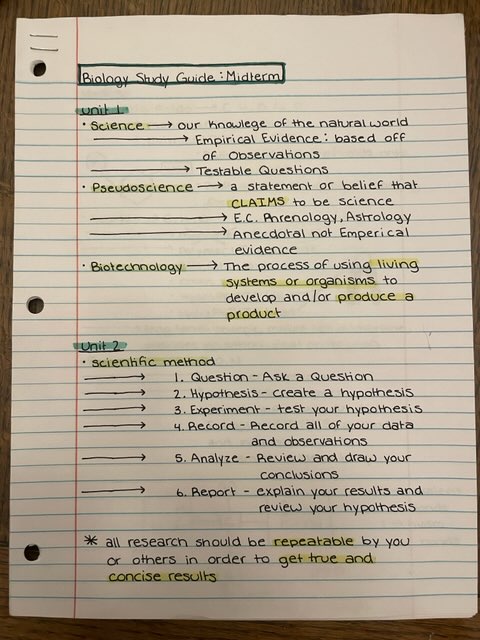Every high school student should be at least a little familiar with the SAT. Every year, most students are required to take the PSAT or practice SAT to prepare for the actual SAT. For some people, the PSAT is the extent of their knowledge. But we know a lot of students would like to know a bit more before it’s time for them to take the real deal. A lot of students aren’t sure if they should even take it. How much does it really matter when it comes to college and students’ futures?
What is the SAT?
First, what really is the SAT? SAT stands for “Scholastic Assessment Test,” and is one of the tests used by most colleges to help them make admission decisions. It tests the student’s knowledge of math, reading, and writing. The SAT is a 3-hour-long multiple-choice test that most students will take either in their junior or senior year. There are two sections in the SAT, and each section is graded from 200-800 points, with the highest score possible on the SAT being 1600. The average score for the SAT is 1060. Students must register to take the SAT. It costs $55, but is paid for by the school once in junior year and once in senior year, and can be taken as many times as a student needs to get their desired score.
What is it about?
The SAT is broken up into two main sections: math and evidence-based reading and writing. The math section is broken into two parts: no calculator (25 minutes) and calculator (55 minutes). The reading section is 65 minutes long, and the writing and language section is 35 minutes long. Colleges look at students’ SAT scores because the test is designed to tell them the students’ knowledge and how prepared the student is for their school.
Is it worth it?
Let’s look at all the pros and cons of taking the SAT so you can decide what you want to do! Starting with the pros: A good SAT score can make a weak application look so much better. If you’re worried about your GPA or having a weak application, then getting a good score on the SAT could really help you stand out to colleges. Another pro for taking the SAT is you have a lot of time to prepare for it. Since it’s a standardized test, it’s easy to learn how to pass it and study for it. But one of the biggest cons of the SAT is way too much importance is placed on it. I spoke with a student in the IB program who spends a lot of time studying and preparing for the SAT, and she believes that “it’s stupid how a singular test can make such a big difference in scholarships and college acceptance,” and many people would probably agree with her. Many students express that they do worse on standardized tests than they normally do in school, so if the SAT may not be giving accurate results, should it really be so important for getting into college?
Now, after taking all of this into account, we hope students can more easily decide whether to take the SAT and properly prepare themselves for it. Remember, no matter how important a test is, stressing over it will only make it harder for you.














